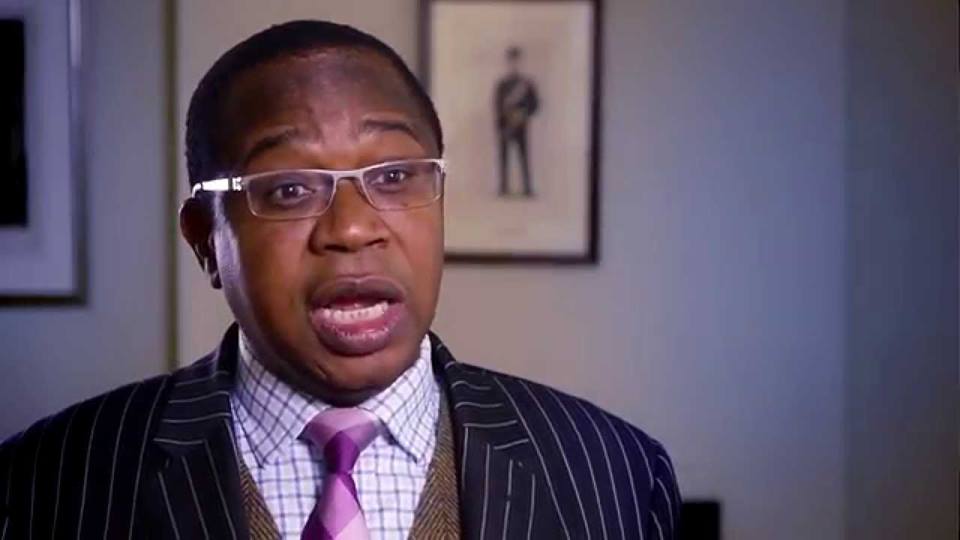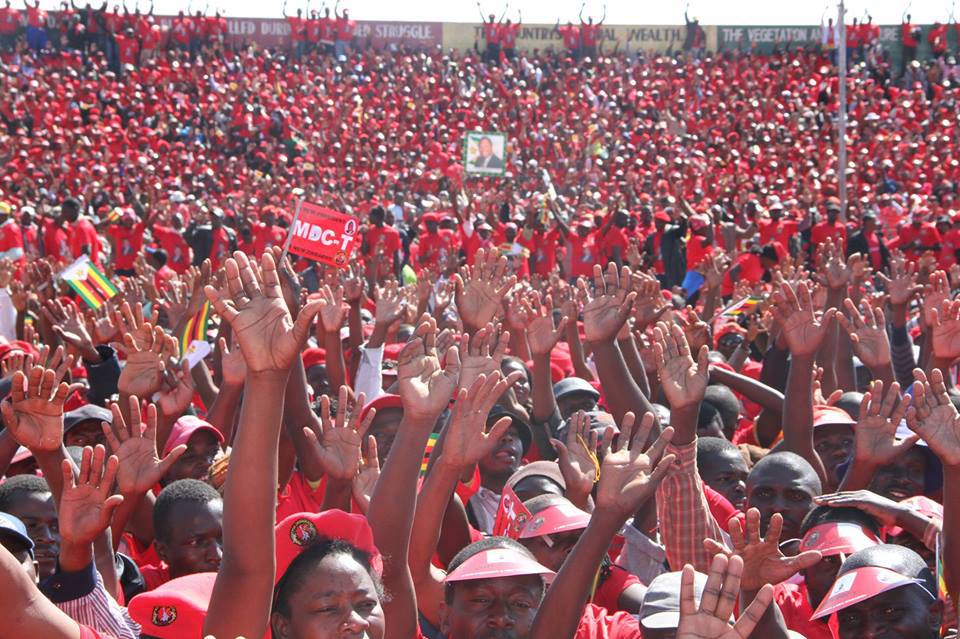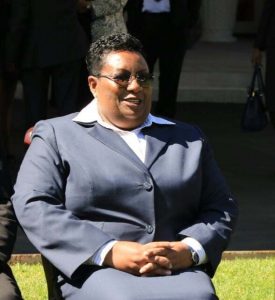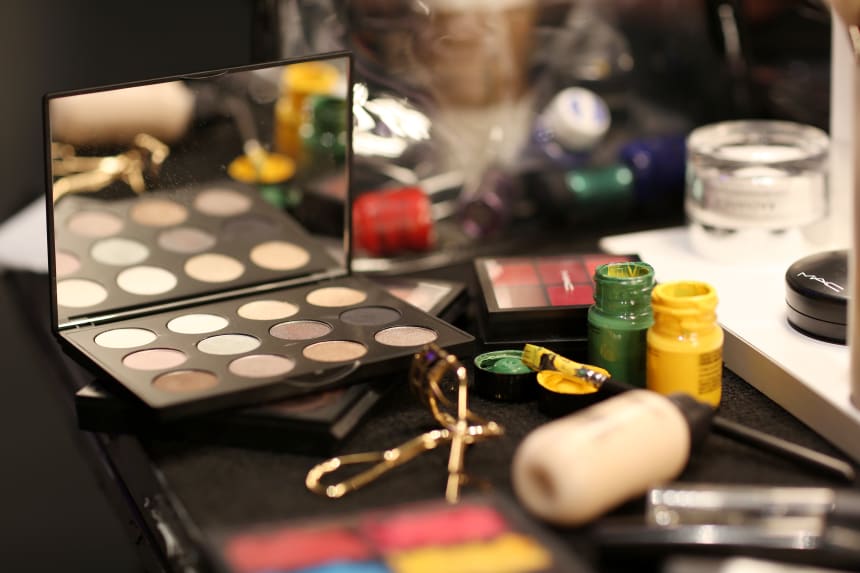
Mthuli Ncube
At the epicentre of the cash challenges are the rent-seeking activities and contradictions surrounding the exchange control. A misplaced introduction of bond notes in 2016 was the genesis of the financial crisis, a backfiring attempt to monetise a deficit created by fiscal indiscipline in which the Zanu PF administration under Chinamasa had spent beyond the government’s means.
The trend has continued under Mthuli Ncube, with the government raiding NOSTRO accounts, printing money, incurring new debts outside Parliament and issuing toxic treasury bills. It was bound to happen that the need to monetise the fiscal deficit would push the government to revert to a currency they can print. This was a misinformed decision because a full introduction of a local currency ought to have been supported by proper economic fundamentals.
In any case, a currency is a relationship between your imports and exports or your trade position. Countries with a stronger trade position tend to have stable currencies. An abused citizen rejects the authority of the government and a country’s currency becomes an immediate casualty, as has become the case in Zimbabwe where people have organized themselves outside the realms of the State, creating what is loosely called the alternative market.
It is, however, important to note that what is called the black market is a second-generation problem emanating from a first generation problem of shortages. The shortages are a result of unreasonable exchange controls. In the Zimbabwean case they are compounded by government expenditure.
We have a government which spends foreign currency which it does not earn. They raid accounts and impose unreasonable export retention laws which encourage exporters to evade the Zimbabwean banking system. A reasonable government would give incentives and not punish production.
Then comes the contradictions of several statutory instruments, including a misplaced ban on the use of forex when in fact the economy has dollarised. What has worsened the situation is another contradictory instrument that gives exemptions to some individuals and sectors exemption by allowing them to use forex, which the government purports to have banned.
More contradictory is the government’s affinity to levy taxes in foreign currency, which foreign currency the same government purports to have banned. Therefore, policy contradictions by the inept and illegitimate regime are at the epicenter of our national crisis. With the fundamentals not supportive of introduction of a local currency, coupled with policy inconsistency and lack of public confidence, it was predictable that the introduction of the Zimbabwean dollar was premature and unsustainable.
Inflation is sky rocketing to the extent that the government even barred publishing of annual inflation figures. Shortages of imported goods including mealie meal, fuel and electricity are now the order of the day. This has resulted in the unpalatable suffering of the Zimbabwean masses; prices have gone beyond the reach of many while the wages of the few that are still at work have remained the same. The value of the money in bank accounts has been eroded; pensions have been wiped out again while health insurance has been rendered ineffective. The MDC therefore restates its position that the following measures be taken:
We propose the following urgent remedies:
i) Immediate scrapping of the Zimbabwean dollar
ii) Returning to and strengthening the regime of multiple currencies in the short-term.
iii) Rationalizing the capital account.
iv) Increasing productivity and growing GDP in order to build substantive reserves in the country.
v) Ring-fencing USD Dollar balances in banks at a specific date to protect depositors against a second attack.
vi) Pay civil servants in US dollars
vii) Offer supply-side solutions to the crisis, increase productivity and shift from consumption-based revenue collection.
Post published in: Business











 Ellen Trachman is the Managing Attorney of
Ellen Trachman is the Managing Attorney of 
 Jill Switzer has been an active member of the State Bar of California for over 40 years. She remembers practicing law in a kinder, gentler time. She’s had a diverse legal career, including stints as a deputy district attorney, a solo practice, and several senior in-house gigs. She now mediates full-time, which gives her the opportunity to see dinosaurs, millennials, and those in-between interact — it’s not always civil. You can reach her by email at
Jill Switzer has been an active member of the State Bar of California for over 40 years. She remembers practicing law in a kinder, gentler time. She’s had a diverse legal career, including stints as a deputy district attorney, a solo practice, and several senior in-house gigs. She now mediates full-time, which gives her the opportunity to see dinosaurs, millennials, and those in-between interact — it’s not always civil. You can reach her by email at